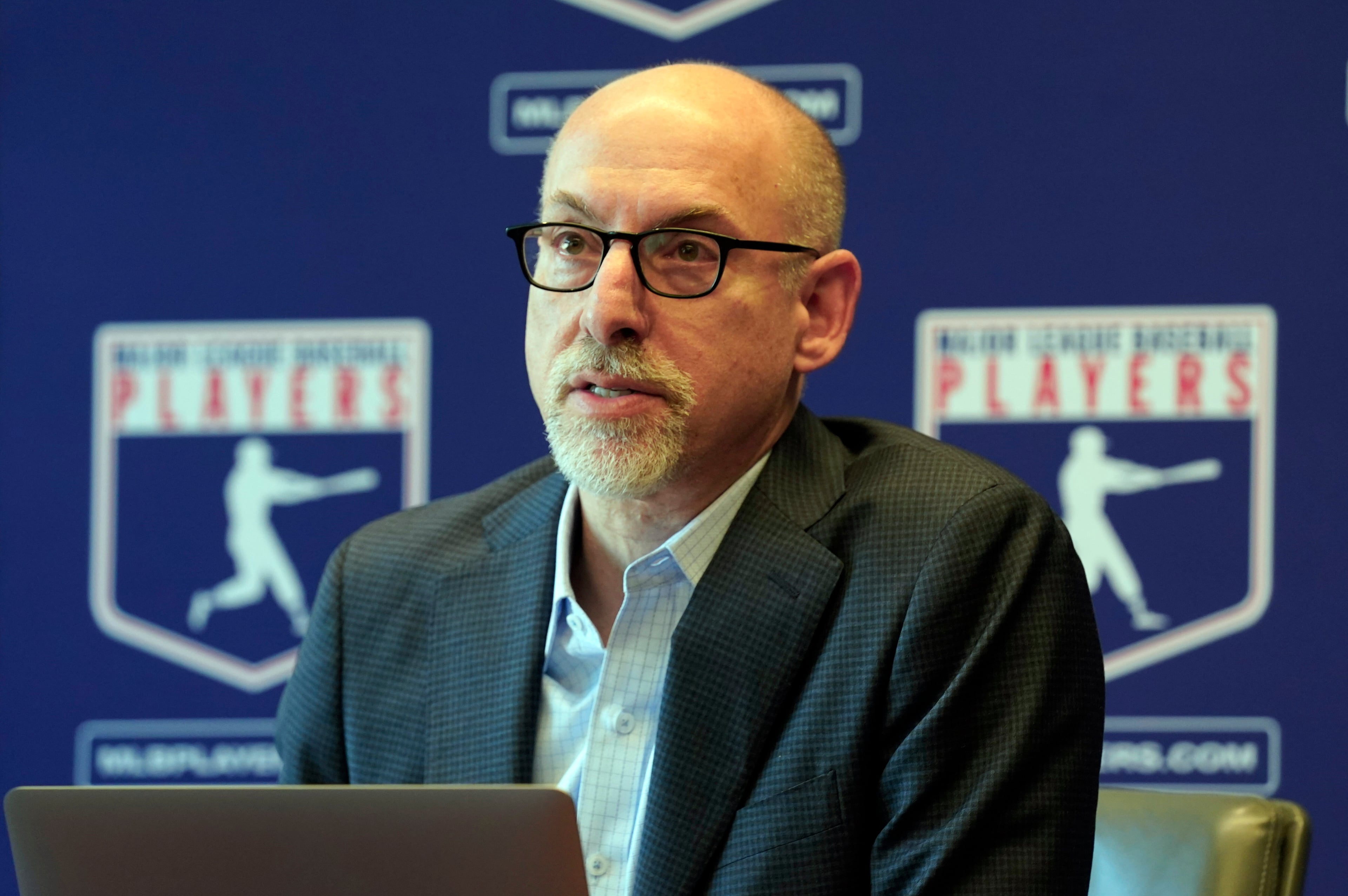Brian Gregory optimistic after second season
By season’s end, Georgia Tech was running on fumes.
The weight of the 31-game schedule, including nine games in the final 29 days, and an emotional closing stretch played a hand in the Yellow Jackets’ losses to Boston College in the final two games, coach Brian Gregory said Tuesday.
Gregory acknowledged that Tech didn’t properly handle its 15-0 and 28-14 leads Thursday in its 84-64 first-round loss to Boston College in the ACC tournament, but “the other thing that was clearly noticeable in the last two ballgames is we were a little bit out of juice,” Gregory said. “A little bit out of gas.”
That was one of the observations that the Tech coach shared Tuesday in an interview at the end of his second season. Gregory commented on the season’s highs and lows, progress made by his players and the direction of the team.
“I really believe in these guys,” he said. “I believe in what we’re doing. I believe in Georgia Tech and what it stands for, and we’re not going to stop until we get it done.”
Gregory also commented on forward Julian Royal’s decision to transfer at the end of the semester. Royal, a sophomore from Milton High, saw his playing time diminish considerably from his freshman season. With the arrival of Robert Carter, Royal averaged 6.6 minutes this season after seeing 16.0 minutes per game as a freshman. Gregory relied on a frontcourt rotation of Daniel Miller, Kammeon Holsey and Carter. Gregory said Royal’s decision was motivated by playing time.
“I didn’t want him to leave, but at the same time, that’s his and his family’s decision,” Gregory said. “I’m going to honor it, and I wish him the very best. He’s a great kid.”
Infused with three freshman starters, Tech finished with a 16-15 record, the first winning record for a second-year Tech coach since Dwight Keith in 1945. The Jackets were 6-12 in ACC play, an improvement on their 4-12 mark in Gregory’s first season. The season was highlighted by the ending of an 11-game ACC road losing streak, a road win over ACC champion Miami and a second consecutive win over Georgia, something Tech hasn’t achieved since the ’90s.
Tech improved its defensive play considerably. The website kenpom.com, which rates teams on points scored or yielded per possession, ranked Tech 32nd in the country as of Tuesday. The Jackets ranked 108th last season.
“I was pleasantly surprised with that and especially understanding that, that gives us a good place to continue to tighten up,” he said, “but it also gives us a little more freedom to get better in some areas that you need to.”
Namely, Tech’s guard play and decision-making need improvement, Gregory acknowledged. Guards Mfon Udofia, Chris Bolden and Brandon Reed, the two starters and the backup guard with the most playing time, shot 37.7 percent, 36.2 percent and 35.9 percent, respectively. Solomon Poole, who could replace the departing Udofia in the lineup at point guard, had 21 assists to 34 turnovers.
“There was inconsistency in those two key areas (of shooting and ballhandling),” he said. “Those are two things, obviously, that we need to make some improvements in.”
Free-throw shooting, as well. Tech finished at 63.5 percent, 319th in the country out of 345 teams.
“All our guys should be 70-plus (percent) free-throw shooters,” he said. “We’ve got to make a little stronger commitment individually to become that.”
One of his fonder memories will be his return to the locker room after beating Miami on the road March 6. Before that night, Tech hadn’t beaten a top-10 team on the road since 2004 and was 3-29 on the road in the four seasons before this one.
“You could just tell that a lot of emotions that had not been able to surface did (surface),” Gregory said.
To Gregory, the promise of successes like that and the development of the roster outweighed struggles with inconsistency and the clunky offensive play.
“Some of the early steps are getting everything solid, so now you can build it,” Gregory said Tuesday. “And I think after Year 2, it’s solid. Now, where can we take it in Year 3?”



